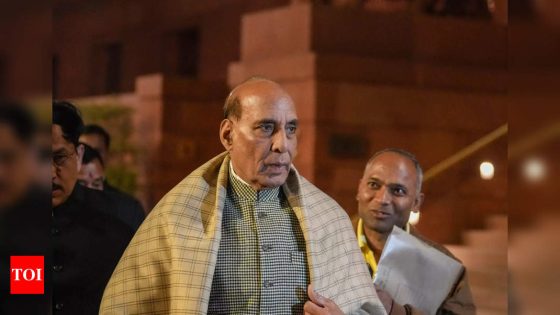Researchers at the University of Colorado Boulder have made a discovery that pretty much anyone can appreciate. According to SciTechDaily, the team of researchers believes it made a breakthrough that could fully charge a dead smartphone in as little as a minute, but the implications go way beyond that.
The breakthrough discovery could allow a laptop to go from zero charge to 100% in only a minute and charge an electric vehicle battery from dead to fully charged and ready to go in as little as 10 minutes.
Beyond that, if used on a larger scale, the discovery would allow for greater energy storage and quicker distribution from the energy grid.
The researchers made this discovery by studying how ions move through the interconnected pores of supercapacitors.
Supercapacitors act much like batteries, except that they have a much higher energy density, faster charge and discharge rate, and can handle more than 1,000,000 charge/discharge cycles, while most batteries can handle 2,000 to 3,000 cycles.
The downside is that supercapacitors are more expensive and have a higher self-discharge, losing around 30% of stored energy a month compared to a battery losing only around 10%.
Watch now: Top yogurt producer reveals how the company is evolving to meet new consumer demands
Supercapacitors rely on ion accumulation in their pores. The researchers, including Ankur Gupta, an assistant professor of chemical and biological engineering at CU, used chemical engineering techniques usually used to study the flow in porous materials like oil reservoirs and water filtration.
“Given the critical role of energy in the future of the planet, I felt inspired to apply my chemical engineering knowledge to advancing energy storage devices,” Gupta said. “It felt like the topic was somewhat under-explored and as such, the perfect opportunity.”
Clearly, an advance like this would be welcomed by billions of people who would jump at the chance to charge their phones or laptops in only a minute, but its impact on the EV market could be immeasurable.
The need to charge an EV and the time it can take turn some consumers away from even considering buying one. But the knowledge that it can be done so quickly could convince some to finally make the jump to electric.
More EVs on the road means fewer vehicles that depend on dirty energy, which causes carbon pollution, leading to the overheating of the planet and more instances of extreme weather.
“The primary appeal of supercapacitors lies in their speed. So how can we make their charging and release of energy faster? By the more efficient movement of ions,” Gupta said, adding, “We found the missing link.”
Join our free newsletter for weekly updates on the latest innovations improving our lives and shaping our future, and don’t miss this cool list of easy ways to help yourself while helping the planet.
Source Agencies


